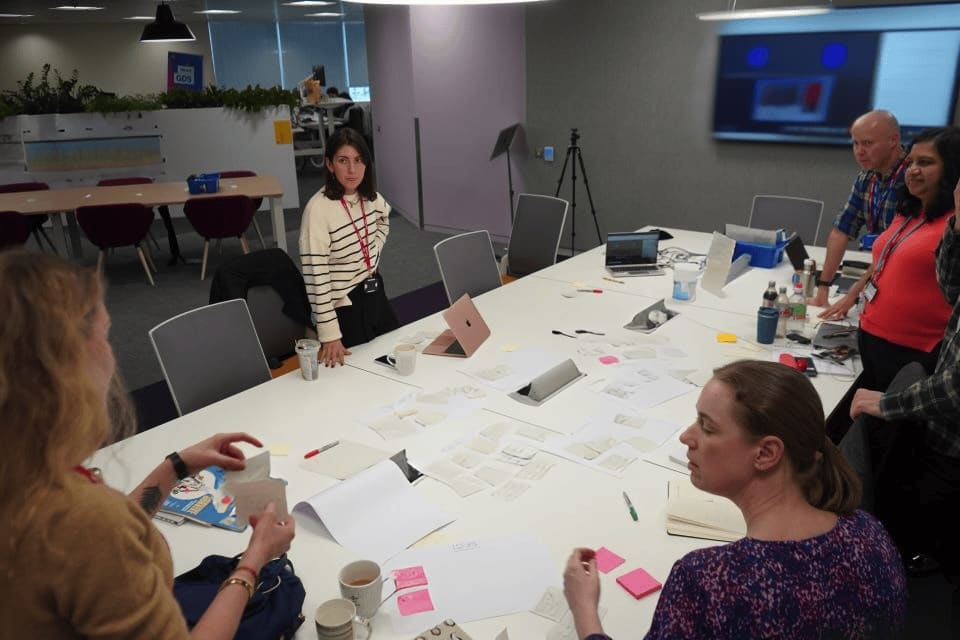Innovation highlights
Innovation is supporting civil servants in finding new and better ways of doing things.

The 4 pillars of innovation
Skills: Give civil servants the knowledge and skills to come up with new ideas and develop them to deliver value.
Incentives: Inspire civil servants to find better ways of delivering services to the public.
Senior support: Create an environment where colleagues can explore new ideas.
Access to time, money and space: Address the current process and structures of government to allow for more creativity.
Evidence House
Led by the 10 Downing Street Data Science team, we radically upskill civil servants in data science, development and AI whilst delivering innovative solutions to crowdsourced problems. Over 17,500 hours of in person upskilling was delivered and 20 secondments were created across 4 departments.
One Big Thing 2024
One Big Thing begins 14 October, 2024 and runs for 4 months. The theme for One Big Thing this year is Innovation – One Big Thing starts with One Small Change.
Using AI to understand customer needs
The Department for Work and Pensions (DWP) is using AI to understand and summarise the high volumes of correspondence it receives every day – doing in real time what used to take weeks. Customers identified as potentially vulnerable have their information quickly shared with colleagues in case they need more urgent support.
Passport Benefit Checking Service
The Department for Work and Pensions (DWP) and NHS collaborated on a Passport Benefit Checking Service, allowing NHS pharmacies in England to check who qualifies for free medication. Over one million checks are running per week with a 97% success rate.
An Innovative Journey: Why 20% really matters
As part of Project Spark! the Met Office is on a mission to make communications more accessible for all with their idea ‘Accessible by default – why 20% really matters’.
Using Artificial Intelligence to improve access to ONS data
The Office for National Statistics (ONS) built a prototype Large Language Model to test new ways of finding published data on the ONS website.
Technology innovation
The Technology Innovation team help DEFRA exploit new technologies and make informed decisions to support the Future DEFRA vision of Efficient Working. We show teams the potential of different technologies to improve their services and ways of working, and solve business problems. These projects not only solve problems but also encourage teams to think ambitiously and work efficiently.
